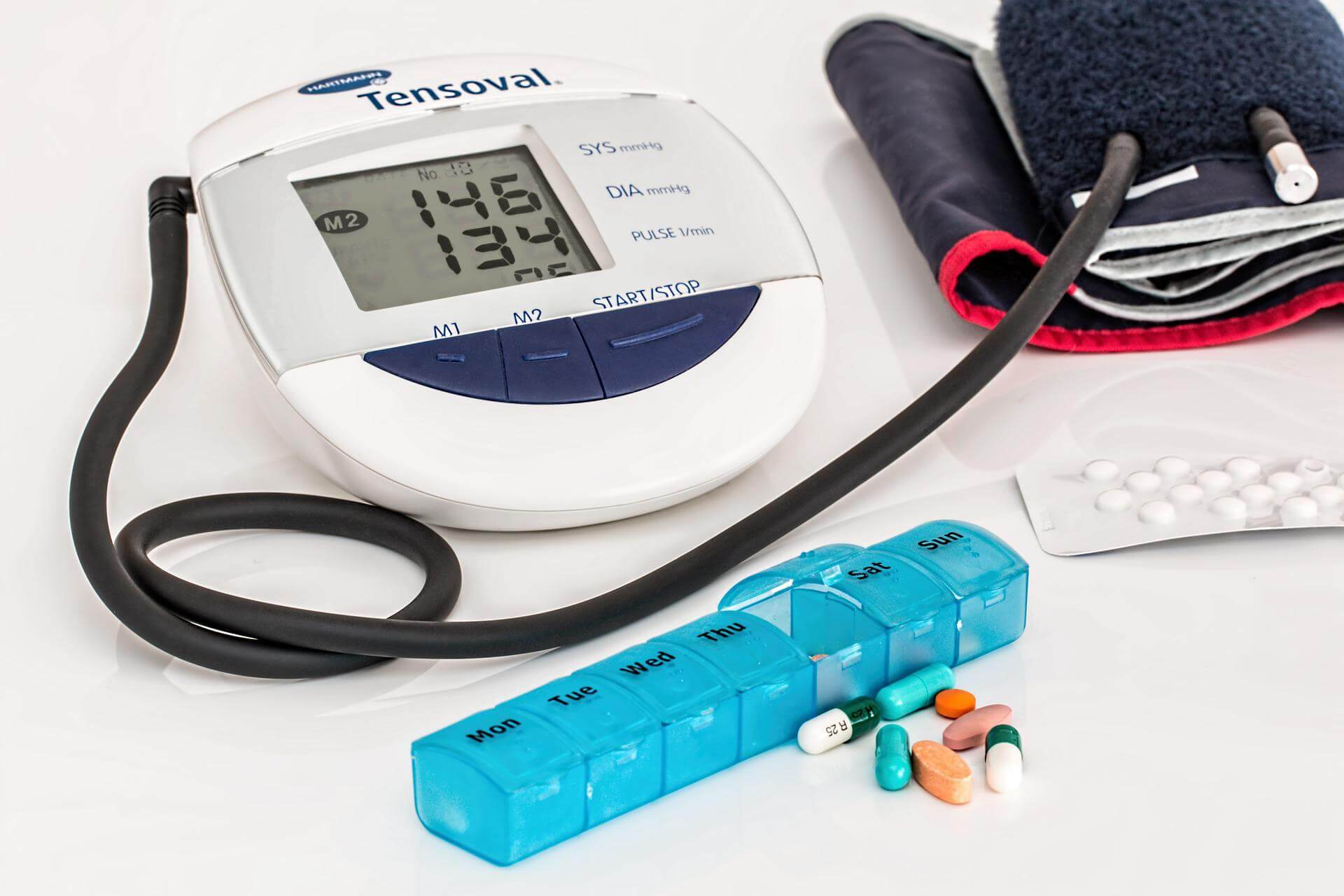
Social isolation puts a high risk of hypertension in women.
Loneliness and social isolation have been shown to have a harmful influence on the mental and physical health of older people. Researchers at the University of British Columbia have shown that social isolation has varied effects on men and women’s health, including increasing higher risk of hypertension in women. This study was published in the Journal of Hypertension and said that middle-aged and older women who lacked social ties were much more likely than men to suffer from hypertension — a known risk factor for heart disease and stroke.
The study notes that hypertension in women was at a higher risk than men if they had no life partner, low social activity (two or fewer social activities per month), or a tiny social network. Also widowed women as compared to married women, had more risk of high blood pressure. Living alone was connected to a decreased risk of hypertension in the male individuals. The study also discovered that increasing social activity, particularly among women, significantly lowered the incidence of hypertension among single or divorced men and women.
Humans are social creatures. So many people are feeling social isolation and loneliness during COVID-19, which could lead to chronic social isolation and loneliness. It’s critical to learn more about the short and long-term effects of these events on cardiovascular health and overall well-being. It’s critical for individuals working in health care and public health to encourage older women, in particular, to find new methods to be socially engaged at a time when COVID-19 is driving us to reduce our social engagements.














